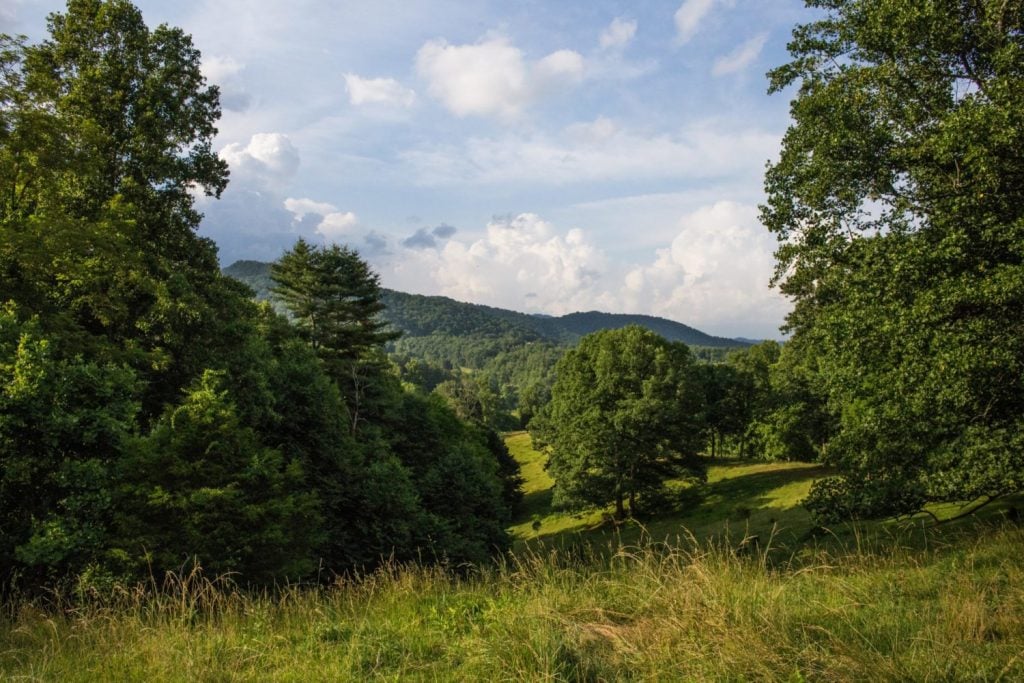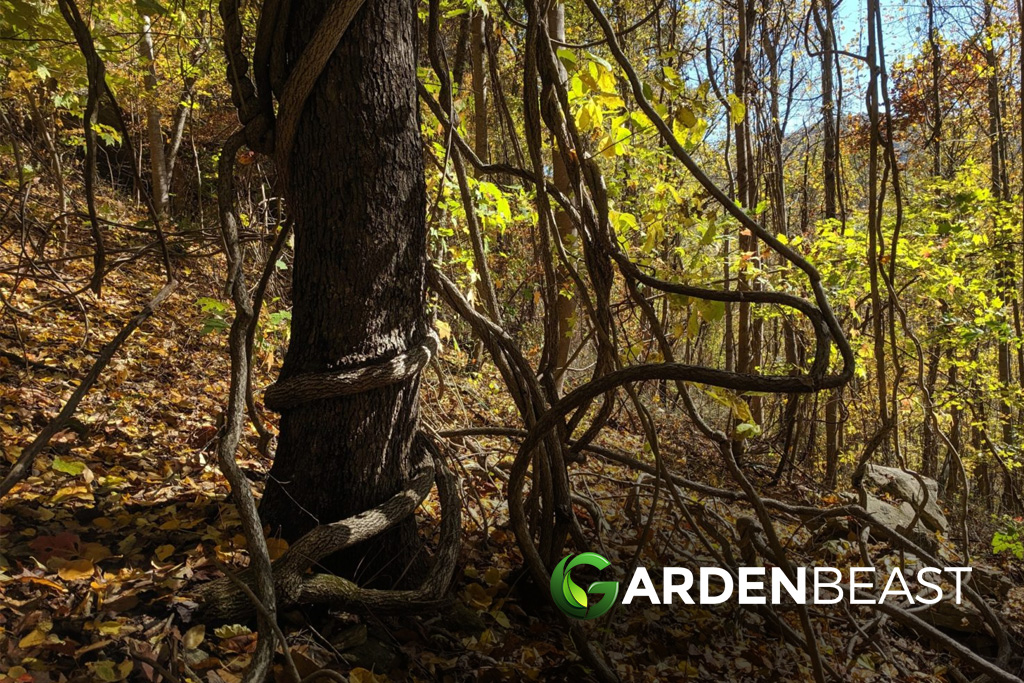Invasive plant species are one of the most significant threats facing plant life today. The ecosystem has been perfectly divided to give both plants and animals the freedom required to grow and thrive, but there are some of these plants that operate by crossing their bounds and encroaching.
Several parts of North Carolina are beginning to feel the pressure of invasive plant species on their lands.
As Carolina Public Press reported earlier this week, several farmland owners and farmers in the region have started to raise the alarm over the propensity of these plants to stifle the growth of native plants in the region, essentially bringing a scourge that they seem ill-prepared to handle.
Forming A New Wildlife Stewardship Organization
Speaking with the news medium, Nick Biemiller, the Southwest Regional Director of the Forest Stewards Guild, explained that non-native species have been able to creep into forest land after initially taking hold in open fields.
Thanks to the rich and fertile soil in the region, he explained, the plants have been able to find a great way to flourish and expand sporadically.
Several plant variants have been listed as culprits, including but not limited to privet, multiflora, and tree-of-heaven. However, the most ruthless of them is Bittersweet- a plant that completely takes over a forest’s understory, killing old trees and preventing the growth of newer ones.
While many farmland owners have expressed the difficulty in getting anything done on their own, the news source explains that they are collaborating to fight against the consistent growth of non-native plants in their land. Last year, they banded with the Forest Stewards Guild- a nonprofit focused on forest management and conservation- and the Southern Appalachian Highlands Conservancy to form the Sandy Mush Forest Restoration Coalition. The coalition’s primary objective is to improve forest stewardship in the region.
Andy Tait, a member of Asheville-based nonprofit forest organization Ecoforesters, said the Restoration Coalition hopes to build a network of community members and stakeholders that can drive the rehabilitation of Sandy Mush’s forests, adding that effective forest stewardship is the only way to guarantee the future of forests in the Sandy Mush area.

Florida Employs Drones to Combat Invasive Species
South Carolina is just one of the many regions where plants are at risk of being encroached by invasive plants. Florida has also been dealing with this problem, with both plants and animals being found in areas not indigenous to them.
Sen. Ben Albritton, a member of the state’s senate, pointed out to the legislative body that lygodium, an old-world climbing fern, has been a significant threat to the Everglades National Park and other wildlife conservation areas across the state in recent time.
To help fight the problem of invasive species, the state Senate passed a bill last week to Florida Fish and Wildlife Conservation Commission and the Florida Forest Service to manage the growth of this climbing fern- and the expansion of Burmese pythons, which have also been cited across the unfamiliar territory in recent time- with drones.
Albritton explained that drones equipped with light detection and ranging (LIDAR) technology would be able to locate these pythons and ferns, thus helping conservation workers to chase them and prevent them from proliferating out of control.
